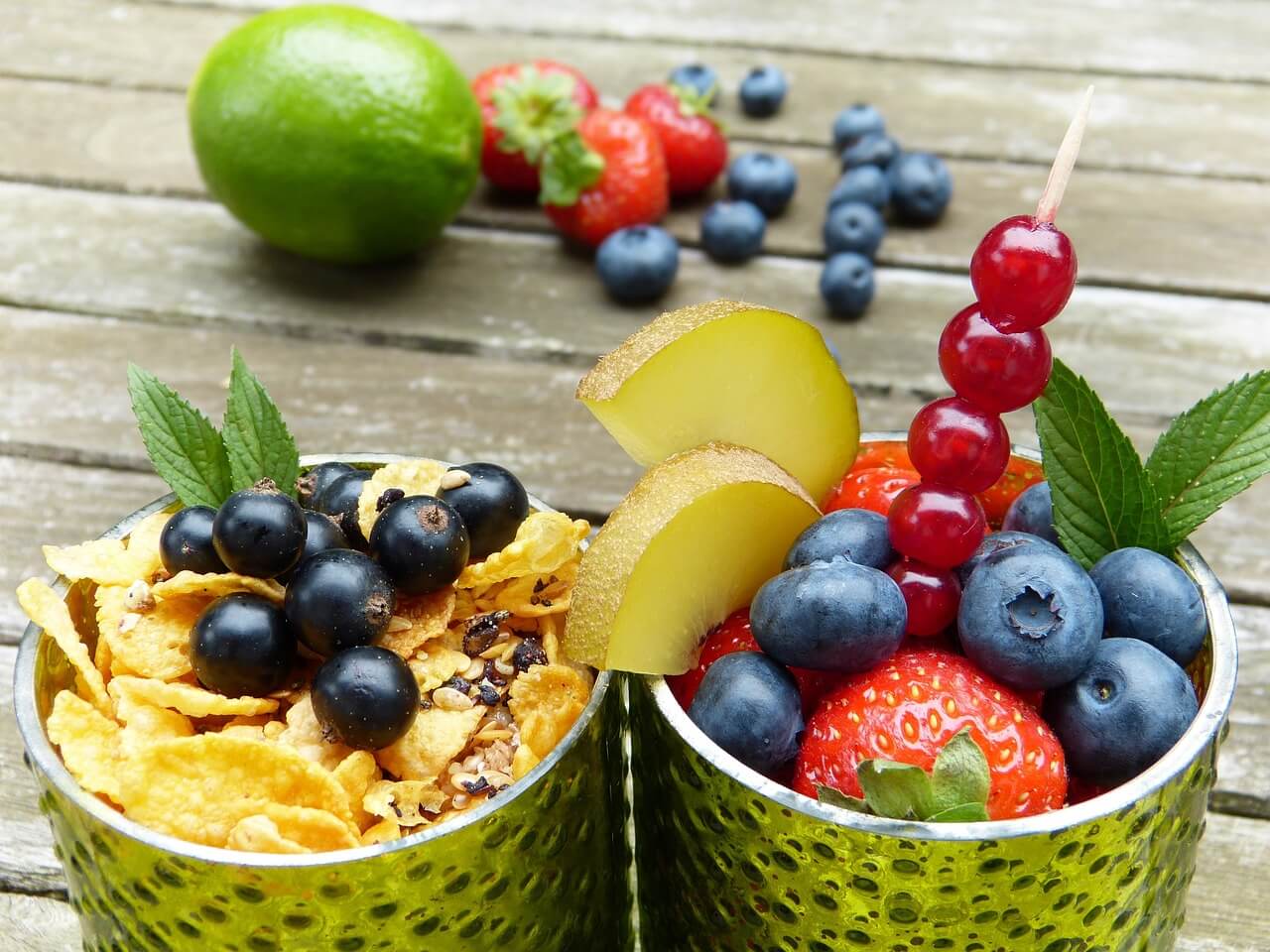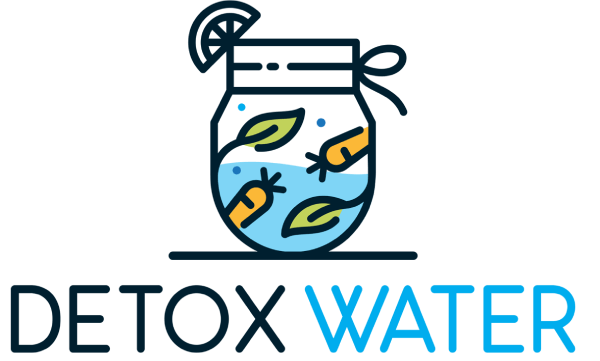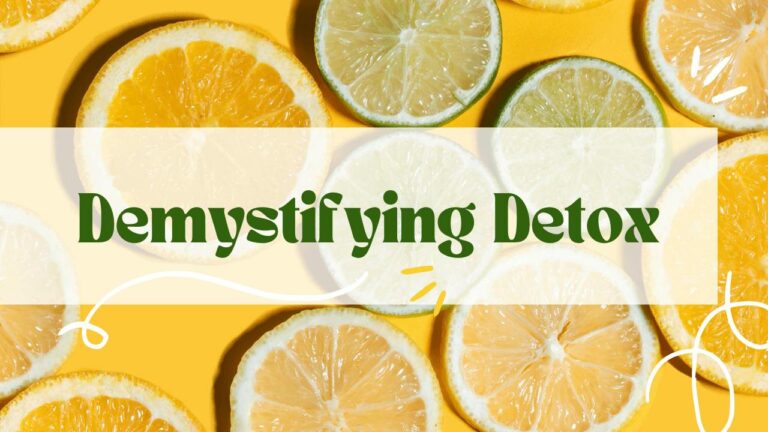Everything You Need to Know About Carb Detox

You may have heard of a juice cleanse or a black tea detox, but lately, “carb detox” has been carving a niche in the terrain of dietary practices.
This approach, which entails minimizing carbohydrate intake to the barest minimum, aims to enhance the body’s metabolic efficiency, fine-tune blood sugar control, and encourage weight loss.
It’s an exciting method that intersects with other dietary patterns, such as intermittent fasting and low-carb diets. Carb detox meals can be found in a paleo or keto meal plan with a range of goods to add new colors to your nutrition. Let’s go into more detail.
Contents
What is a Carb Detox?
The term “carb detox” might sound like fancy jargon, but it simply implies an eating plan where you drastically reduce, or even wholly omit, carbs for a certain period. But why would you do that?
You see, our bodies are a bit like cars, and glucose – which we get from our carbs – is their preferred fuel.
When you munch on carbs, your tummy transforms them into simple sugars that zip straight into your bloodstream, nudging your blood sugar levels up.
This blood sugar boost sends a memo to your pancreas, cueing it to release insulin. Think of insulin as a cellular key that unlocks cells, allowing them to absorb and use glucose for energy.
Now, any glucose that’s left hanging around gets stored in your liver and muscles as glycogen. And if those spots are full to the brim, it’s stashed away as fat.
But here’s where things get interesting. When cutting carbs, your body, like a fuel-efficient hybrid car, switches to an alternative energy source: fat.
This metabolic switcheroo is called ketosis. Instead of running on glucose, your body burns fat for fuel.
Your liver gets busy, converting fat into ketones – energy-rich molecules that can be used as a substitute fuel, especially for your brain, which can’t directly use fat as juice.
And this is the heart of a carb detox. By dramatically limiting your carb intake, you’re forcing your body to dip into its fat stores to keep all systems going, effectively revamping its energy metabolism.
How to Do a Carb Detox?
Unsure of where to start? Here is how you do it.
Step 1: Set Clear Objectives
Before taking a plunge into the world of a low-carb diet, it’s imperative to determine what you aim to achieve.
Are you setting out on this journey for weight loss? Or perhaps you intend to regulate your blood sugar levels?
A precise goal will guide your actions and fuel your motivation throughout detox.
Aim to consume at least three meals per day during your detox process.
Step 2: Understand your Current Carb Intake
Before initiating any changes in your eating habits, you must know your current standing. Allocate a few days to monitor your regular diet.
Please pay close attention to covert sources of carbs; they often lurk in the most unexpected places.
This initial assessment will provide a realistic picture of your existing carb consumption, helping you identify areas where reductions are feasible.
Step 3: Gradual Reduction
A carb detox doesn’t translate into an immediate, blanket elimination of all carbohydrates.
Such a drastic change might shock your body, leading to unwelcome side effects frequently called the “keto flu.”
Instead, consider a gradual reduction in your carb intake. Initiate your journey by sidelining the most conspicuous offenders – sweetened beverages, desserts, and processed foods.
Step 4: Swap High Carb Foods with Low Carb Alternatives
Here’s your chance to get innovative! Begin by substituting high-carb foods in your diet with their low-carb counterparts.
For example, consider replacing pasta with zoodles (zucchini noodles), or swap your breakfast toast for an avocado and egg combo.
Experimenting with new, low-carb meals can make the detox process exciting and enjoyable.
Step 5: Monitor and Adjust
As you progress, staying attuned to your body and adjusting is crucial.
Your body might feel a tad unusual as it transitions to using fats for energy instead of carbs, but these feelings should be transient.
If they persist or you feel unwell, it may indicate that you need to revisit your approach.
The first week may be the hardest, but it gets easier.
Benefits of Carb Detox
Carb detox offers a variety of benefits, many of which are attributed to the metabolic changes that occur when the body switches from burning glucose to burning fat for energy. Let’s delve into these benefits.
Blood Sugar Regulation
When you munch on carbs, your body converts them into glucose, causing high blood sugar.
This uptick signals the release of insulin, the body’s helpful hormone that escorts glucose into your cells to fuel them with energy.
But here’s the catch. A diet heavy on carbs, incredibly refined and processed culprits, can lead to frequent and pronounced blood sugar and insulin spikes.
By trimming your carbohydrate intake, you also cut down on the glucose – and thus, insulin – cruising in your bloodstream.
This balancing act can prevent insulin resistance, an unsavory prelude to type 2 diabetes and other metabolic hiccups.
Weight Loss
The prospect of weight loss is arguably one of the most irresistible benefits of a carb detox, and it comes about in a couple of ways.
First, your insulin levels are nosedive when you scale back on carbs. This drop allows your body to dip into stored fat, burning fat for energy, thereby sparking fat burning and weight loss.
Next, when your body ushers in ketosis, it turns into a fat-burning machine.
Ketosis also tweaks your appetite hormones, potentially trimming your calorie intake and nudging you to lose weight further along.
Reduced Food Cravings
High-carb and sugary delights can light up the reward centers in your brain, cranking up your cravings for them.
By putting the brakes on these foods, you might notice a dip in food cravings over time.
A low-carb diet smooths blood sugar levels, resulting in fewer dramatic peaks and troughs and dwindling cravings.
Plus, the state of ketosis has been tied with a decreased appetite, which might make warding off cravings a tad easier.
Increased Energy
You might be pleasantly surprised to find that one of the often-touted benefits of a carb detox is a severe kick in your energy levels.
You’d think that’s odd, considering carbs are typically hailed as the body’s chief fuel source.
But, here’s the twist: when the body switches to burning fat – a more bountiful and efficient energy source – it often results in a steady stream of get-up-and-go.
Now, before you decide to slash your caloric intake, hold up! Despite your body’s new fat-burning superpowers, ensuring you consume enough calories is vital.
Otherwise, an energy shortfall could leave you feeling wiped out, whether you’re torching fat or carbs.
Improved Digestive Health
Highly processed foods packed with carbs can wreak havoc on your gut health, leading to pesky issues like bloating and irregular bowel movements.
Upping your green leafy vegetable intake to keep your carb intake low could give your digestive health a leg up.
Foods to Avoid During Carb Detox
- Sugary foods: Soft drinks, fruit juices, candies, baked goods, and ice cream.
- Whole Grains or starches: Wheat-based products, rice, pasta, and cereals.
- Fresh Fruits: All fruits except small portions of berries.
- Tubers: Potatoes, sweet potatoes, and others.
- Low-fat or diet products: These are often highly processed and high in carbs.
- Some condiments or sauces: These often contain sugar and unhealthy fats.
- Unhealthy fats: Processed vegetable oils, mayonnaise, etc.
- Alcohol: Due to its carb content, many alcoholic beverages can throw you out of ketosis.
- Sweeteners: Table sugar, honey, maple syrup
Foods to Eat During Carb Detox
- Meats: Red meat, steak, ham, sausage, bacon, chicken, and turkey.
- Fatty fish: Such as salmon, trout, tuna, and mackerel.
- Eggs: Look for pastured or omega-3 whole eggs.
- Butter and cream: Look for grass-fed when possible.
- Cheese: Unprocessed cheese (cheddar, goat, cream, blue, or mozzarella).
- Nuts and seeds: Almonds, walnuts, flax seeds, pumpkin seeds, chia seeds, etc.
- Healthy oils: Primarily extra virgin olive, coconut, and avocado.
- Avocados: Whole avocados or freshly made guacamole.
- Low-carb vegetables: Most green vegetables, tomatoes, onions, peppers, etc.
- Condiments: You can use salt, pepper, and various healthy herbs and spices.
- Unsweetened Drinks: Black tea, green tea, herbal tea.
Tips for Successful Carb Detox
Starting a carb detox can seem overwhelming, but it doesn’t have to be. Here are some tips to help you successfully navigate this dietary transition.
Stay Hydrated
Hydration is paramount, especially when initiating a carb detox.
Cutting down carbohydrate intake leads to your body shedding stored glycogen bound with water. Consequently, you might lose more water through urination, amplifying the risk of dehydration.
Staying well-hydrated not only preserves your body’s essential functions but can also alleviate symptoms like fatigue and headaches that often accompany the initial stage of a carb detox.
Eat Enough Healthy Fats
With the significant energy source from your diet (carbohydrates) out of the picture, it’s crucial to compensate for this energy void.
This often comes from healthy fats in a low-carb diet. Consuming healthy fats like avocados, nuts and seeds, olives, and fatty fish can satisfy you and supply your body’s energy to function optimally.
Maintain Adequate Protein Intake
Protein, a vital nutrient, should be included in your meals during a carb detox. It helps maintain muscle mass and induces a feeling of fullness.
Opt for high-quality proteins such as lean meats, poultry, fish, and eggs, and plant-based sources like tofu and tempeh.
Increase Fiber-Rich Vegetables
Non-starchy vegetables are low in carbs and abundant in numerous nutrients, including fiber.
Filling up your plate with these veggies ensures nutrient intake and promotes satiety.
Fiber also assists in regulating blood sugar and supporting digestive health.
Manage Your Electrolytes
As your body discards water during a carb detox, it’s simultaneously shedding vital electrolytes like sodium, potassium, and magnesium.
These electrolytes are essential for various bodily functions, including nerve and muscle function and preserving fluid balance.
To prevent potential issues, consider adding more salt to your meals or consuming foods rich in these nutrients.
Regular Exercise
Regular exercise can bolster your carb detox. It can enhance your metabolic health and enable your body to switch more efficiently to fat-burning mode.
However, always pay heed to your body’s signals. If you’re fatigued, it might be better to stick to light activities like walking or gentle yoga.
Plan Your Meals
A meal plan can significantly ease your adherence to a carb detox.
Planning ensures you have the required ingredients ready and eliminates last-minute meal panic, which can lead to less healthy food choices.
Monitor Your Progress and Listen to Your Body
Everyone’s body responds differently to dietary shifts. While some people might thrive on a low-carb diet, others may not feel at their best.
Be mindful of how you feel, monitor your body’s changes, and be prepared to tweak your plan if necessary.
Conclusion
The logic behind a carb detox hinges on our body’s remarkable flexibility to switch its metabolic gears — from primarily feasting on glucose for energy to becoming an efficient fat-burning machine.
But here’s the caveat: Like any significant diet overhaul, a carb detox should be carefully considered. Calling on a healthcare professional for advice is never a bad idea.
FAQ
How long does it take to detox from carbs?
The duration required to detox from carbs is not fixed. Typically, it can take about 2-4 days to enter a state known as ketosis, where the body switches its primary fuel source from glucose to fat. This timeframe can, however, vary significantly based on individual metabolic factors.
How do I flush my body with carbs?
To flush your body of carbs, it is recommended to fast for between 12 – 16 hours so that your body can start using stored fat for fuel instead of carbs (glucose)
What are the benefits of carb detox?
The benefits of carb detox are improved blood sugar regulation and potential weight loss. Further, it can lead to reduced food cravings, possible enhancement in cognitive function, and improvements in digestive health.
What are the best carbs for detox?
The best carbs for a detox are low-glycemic, fiber-rich, and nutrient-dense. These include non-starchy vegetables like leafy greens, broccoli, bell peppers, and small servings of berries.

Rahul is a nutritionist and personal trainer with 3+ years of experience in the field of health coaching. He specializes in nutrition science, with a keen eye for how food choices, lifestyle habits, and physical activity impact our bodies.






